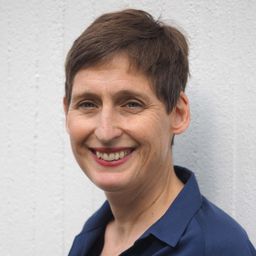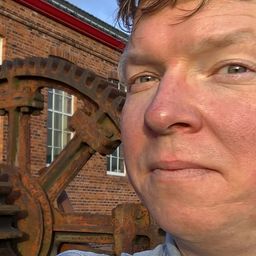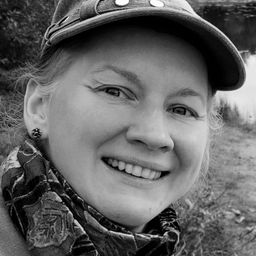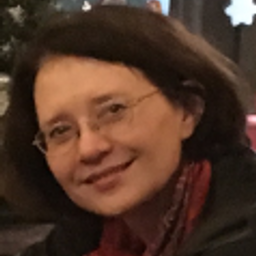Darning the past, present and future of textile sites
My Session Status
The textile sector led industrialization and urbanization worldwide for nearly three centuries. Textile industries established global trade networks based on transport, skills, knowledge, and power. They changed territories, landscapes, and cityscapes. Mill complexes and their infrastructure - canals for power and transport, railways, warehouses, and workers' housing- form historic rural or urban landscapes and represent global chains of production. This textile heritage includes tangible mills and artefacts with transcultural dimensions, as well as aspects of intangible or living heritage.
The session focusses various dimensions of textile heritage: First, the uses and aims of heritage are themed in the context of sustainable development. Case studies might range from a company town for a textile firm to single buildings, from adaptive reuse to rehabilitation, and from small interventions to large scale sustainable urban planning. Morphology and typology help to structure knowledge and criteria for selecting, listing, and valuing places, not least in the context of comparative studies for UNESCO. Secondly, global dimensions of local heritage are covered. Transcultural dimensions of textile heritage -based on knowledge transfer, production chains, or cooperation- are made manifest as tangible assets and intangible concepts. Thirdly, we reflect people’s participation in identifying, valuing, and safeguarding textile heritage sites. Going back to the context of sustainable development, the social dimension and with it, civic engagement, is—beside economic and environmental challenges—one of the pillars of sustainability.
We invite scholars and practitioners to participate in this session with their case study analyses and critical reflections on textile heritage sites, permitting renewed human perspectives on sustainable development. The Americas in particular need representation as the meetings of the TICCIH textile section have so far all taken place in Europe.
Sub Sessions
Most of the industrial cities, districts, and company towns in a larger scale were planned and built in the late 19th and 20th century; at a time when the urban planning discipline was born and first paradigm of modern urban planning were defined. Textile was, next to iron works and mining, the leading industry in Europe with manifold industrial complexes in towns and landscapes. New Lenark (1785) and Saltaire, (1850-52), were early, but leading examples for company towns. The...
At the turn of the 19th and 20th century, the present capital of Latvia, Riga, was a major port and one of the most important industrial centres in both the Baltic region and in Russian Empire. Industrial development, regarded as controversial nowadays, was important for the urban development and social life during the 2nd part of the 20th century, too, both for the capital and for other towns. There are studies available on general industrial history of Latvia while studies of particular ...
Les villes de Chemnitz (Allemagne), Lodz (Pologne), Manchester (Grande-Bretagne) et Mulhouse (France), ont connu un développement exceptionnel dans l’industrie et le commerce du coton très fortement lié à la chimie et à la mécanique. Outre les travaux sur le patrimoine industriel technique et bâti réalisé dans le cadre de la section « textile » du TICCIH, il est intéressant de se pencher sur le patrimoine immatériel important dans ces mêmes villes textiles. Parmi les pistes de réflexion propo...





Discussion